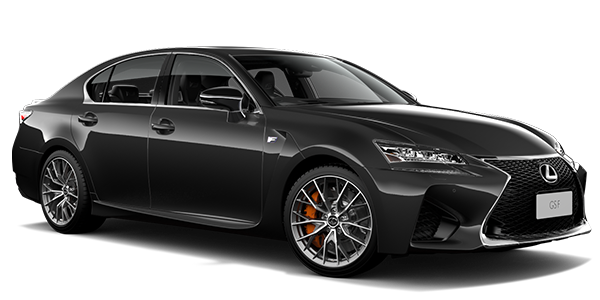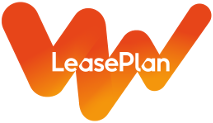-
Finding the Best Car to Buy
-
Buying a company vehicle
With hundreds of makes and models to choose from in the Australian market, and new variants appearing all the time, it can be difficult to choose the right car. Find helpful steps to follow below.
-
Asking the right questions will help ensure you choose the right vehicle. What is its major use? How many kilometres do you travel annually? Will you need to take passengers? Will it be used offroad?
Once you are clear on the main use requirements of your vehicle, you can narrow down on models within a segment.
1. What will be the main use of the vehicle?
-
Here’s some websites to get you started:
2. What do car reviewers say?
There are mountains of car reviews from range of Australian media sources. Doing some research by reading reviews and checking user ratings on the cars you’re considering can help you to identify key features and differences and drill down to a few that fit your budget and requirements.
-
The ATO has guidelines on minimum residual value for lease vehicles, see details here,
Age of Car Residual Value Year 1 65.63% Year 2 56.25% Year 3 46.88% Year 4 37.5% Year 5 28.13%
3. Be conscious of residual values
The residual value of a vehicle is the estimated resale value of a car at the end of the planned lease term. The lessor assumes the risk on this residual value in an operating lease, and the lessee assumes the risk in a finance lease.
-
LeasePlan manages more than 100,000 cars in Australia and over 1.6m worldwide. We have data and expertise that will help you choose the right mix of makes and models, set accurate residual values and implement a planned fleet replacement program that delivers cost-effective business mobility.
In an operating lease, LeasePlan sets the residual value based on a number of factors, including the age or the vehicle and the end of the term, how many kilometres it is expected to travel during the term, the make model lifecycle, and the expected vehicle use.
-
-
Fuel consumption can range from 40c per kilometre for a micro car, to 97.9c per kilometre for an All Terrain SUV (data from RACQ).
A difference between buying and leasing with a professional company like LeasePlan is that our extensive experience and data allows us to accurately calculate the various running costs, and we bundle them all in to the monthly lease figure so you don’t get stung with cashflow pressures and have a simple oversight of your true costs of mobility.
To see more about the impact of running costs on car selection, use our calculator
4. Be conscious of running costs
Purchase price is the first cost consideration you have, but there are many more just as important when we want to maintain the car and keep it on the road. Fuel consumption, maintenance, insurance, registration and depreciation all differ from car to car.
-
Maybe your cars are fit for purpose, but under-utilised. There are alternatives to increase ROI in such circumstances, for example:
- Pool car management
A shared car could be used in your business. We offer our Pool Car Management system through LeasePlan Online.
- Novated Leasing
Are your fleet cars more of an employee benefit than an essential tool for your business? Offer staff novated leases instead. This is a cost-neutral benefit to your company, while providing tax benefits, a new car, and significantly discounted rates to your employee.
5. Does the car have a clear return on investment?
No matter what you choose, a car is a depreciating asset that costs a lot to maintain and run. You want to make sure you maximise your ROI with strong utilisation and a use that delivers maximum value to your business.
- Pool car management
-

Find out more on Driving Insights
When choosing a car, safety should be one of your prime considerations. Do you know the difference between NCAP and ANCAP safety ratings? Read more:
